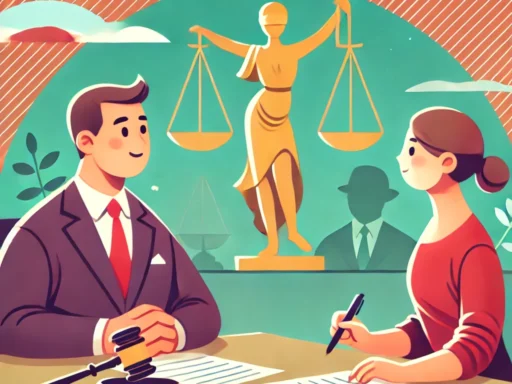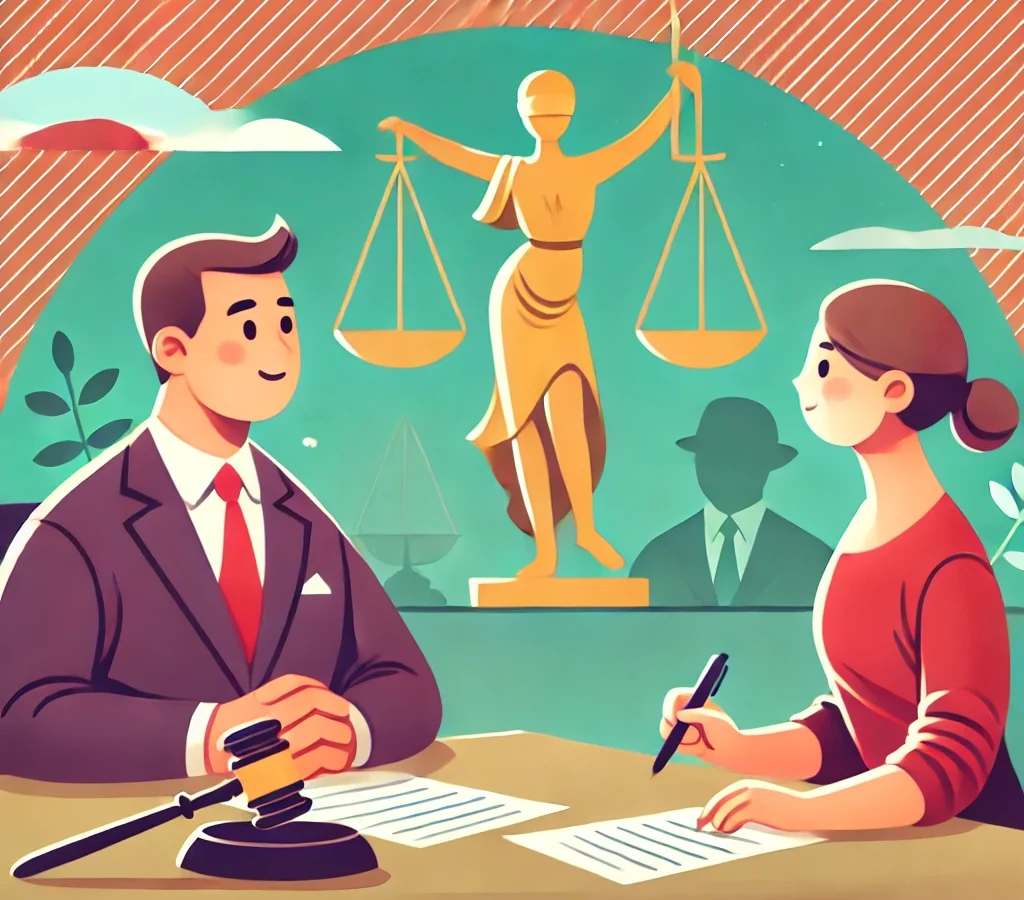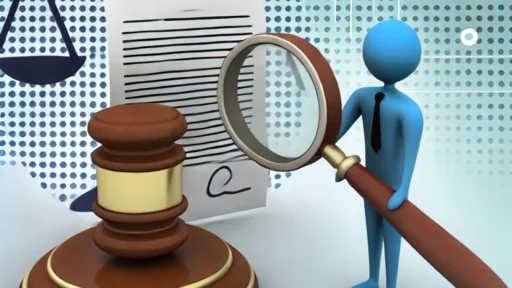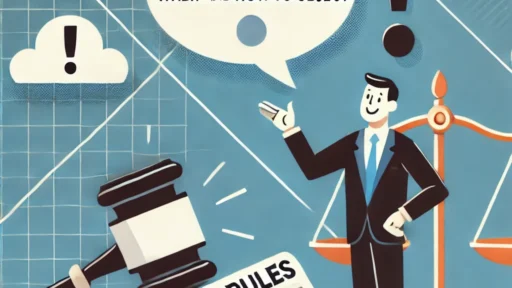In the complex world of litigation, depositions often serve as a pivotal element that can make or break a case. These pre-trial proceedings allow attorneys to gather crucial information, witness testimonies, and uncover hidden details that might not surface during the trial. Understanding the strategic importance of depositions can significantly tilt the scales in favor of one party.
Deposition attorneys aren’t just about collecting facts; they also provide a unique opportunity to assess the credibility of witnesses and refine legal strategies. When leveraged effectively, they can expose inconsistencies, build a stronger case, and even lead to favorable settlements before the trial begins. For anyone involved in litigation, mastering the art of depositions is a game-changer.
Understanding Depositions in Litigation
Depositions serve as a pre-trial discovery tool where attorneys question parties and witnesses under oath. This process captures vital testimonies that inform legal strategies and can sway case outcomes. Attorneys use depositions to obtain information, gauge witness demeanor, and prepare for trial.
During a deposition, the deponent (person being questioned) provides sworn testimony typically recorded by a court reporter. This record includes verbal responses, ensuring that everything said can be referenced later. Attorneys from both sides attend, and each can pose deposition questions.
Depositions reveal inconsistencies or confirm facts, thus influencing the direction of the litigation. For instance, if a witness contradicts previous statements, this can be leveraged to challenge their credibility. Conversely, consistent testimony can bolster a side’s position.
What happens at a deposition is also useful in settlement discussions. Knowing the strengths and weaknesses of both sides’ testimonies can prompt settlements, avoiding a lengthy trial. This insight into shared information often leads to more realistic settlement discussions.
Lastly, deposition transcription serves as a powerful tool during trial. If a witness changes their story, attorneys can impeach them using their deposition transcript, undermining witness reliability. Therefore, understanding depositions is critical for any litigation strategy.
The Role of Depositions
Depositions serve as a cornerstone in litigation, offering a means to gather critical information. By questioning parties and witnesses under oath, depositions unlock key evidence and clarification of facts.
Gathering Evidence
Depositions function as an essential tool for evidence collection. Deposition lawyers can ask direct questions to witnesses and involved parties, extracting critical information. Detailed testimonies collected during depositions often reveal insights not available through documents alone. Attorneys use these insights to shape their case strategies and prepare for trial.
Clarifying Facts
Through depositions, attorneys can clarify and solidify case facts. Questions posed during depositions aim to confirm or refute details provided in pleadings and discovery responses. This process reduces ambiguities surrounding the case. For instance, if there’s a dispute over timelines, depositions provide clarity by putting witnesses on record under oath.
Evaluating Witness Credibility
Evaluating witness credibility is a significant aspect of depositions. Attorneys assess not just the substance of the answers, but also the demeanor and consistency of the witness. This evaluation is crucial in predicting how a witness may perform at trial.
If a witness shows hesitation or inconsistency, it may affect their reliability. Lawyers use these observations to decide whether or not to call certain witnesses to the stand during trial.
Preparation Strategies
Effective preparation strategies enhance written deposition outcomes. This section delves into selecting questions and organizing documents.
Choosing the Right Questions
Choosing the right questions is pivotal for uncovering vital information. Attorneys should develop tailored question sets, focusing on key case issues. Effective questions extend beyond fact-finding.
Open-ended questions (e.g., “Can you explain what happened next?”) encourage detailed responses, while specific questions verify facts (e.g., “Were you present at the meeting on July 5th?”). Craft questions to gauge witness credibility, assess inconsistencies, and draw out admissions or denials essential to the case.
Organizing Documents
Organizing documents ensures efficient and effective virtual depositions. Attorneys should categorize documents by relevance and subject matter. Prepare document indices for quick reference during questioning.
Utilize digital tools for document management, allowing easy access and annotation. Make annotated versions of key documents to highlight essential points, ensuring swift retrieval during the deposition. Structure document packets, integrating critical exhibits with relevant lines of questioning, streamlining reference and enhancing the deposition’s flow.
Common Challenges During Depositions
During depositions, several challenges may arise that can impact the effectiveness of information gathering and testimony evaluation. Addressing these challenges promptly is essential for maintaining control and ensuring a successful deposition process.
Handling Evasive Answers
Deposition witnesses may attempt to evade questions, leading to incomplete or unclear responses. Deposition with lawyers should ask follow-up questions to clarify points and insist on direct answers.
Using open-ended questions helps compel the witness to provide detailed explanations, which can prevent evasive behavior. It’s also effective to rephrase questions in simpler terms if the witness seems to misunderstand.
Controlling Aggressive Lawyers
Aggressive behavior from opposing counsel can disrupt the video deposition process and intimidate witnesses. It’s crucial to remain calm and professional when faced with aggression. Objecting to inappropriate or harassing questions can help prevent such behavior.
If the lawyer persists, requesting intervention from the presiding judge or deposition videographer officer may be necessary. Maintaining a firm stance while adhering to procedural rules ensures the deposition stays on track.
Impact of Depositions on Case Outcomes
Deposition tips play a critical role in potentially shifting the trajectory of litigation. The elicited testimonies often provide an accurate account of events.
Strengthening Your Case
Depositions strengthen cases by uncovering factual information essential to forming strong arguments. Testimonies can reveal critical details that corroborate a party’s claims. Lawyers use this data to craft powerful opening statements and closing arguments.
Accurate testimonies often prevent surprises during the trial by clarifying witness positions. Collecting solid evidence during depositions builds a comprehensive case narrative for the court.
Identifying Weaknesses
Deposition objection helps identify potential weaknesses before trial, offering an opportunity for strategic adjustments. Cross-examinations during deposition notice can expose inconsistencies or unreliable witnesses. Recognizing these issues early allows lawyers to refine their approach and address shortcomings.
Effectively challenging witness credibility can neutralize opposing arguments. Identifying legal vulnerabilities through meticulous examination during depositions’ objections positions a case for stronger outcomes.
Empower Your Litigation Strategy with BlueNotary’s Reliable Notarization
Depositions hold transformative power in litigation. They not only uncover critical information but also shape the trajectory of a case. Mastering the art of depositions involves meticulous deposition preparation and strategic questioning. Legal deposition professionals must anticipate and counteract opposing tactics to strengthen their position.
Maximize the impact of your depositions in litigation by ensuring all documents are properly authenticated. BlueNotary offers a secure and efficient online notarization platform, guaranteeing that every document is legally binding and reliable.
Strengthen your legal deposition strategy with trusted notarization solutions. Register with BlueNotary today to streamline your notarization needs and enhance the power of your depositions in litigation. BlueNotary: Your partner in achieving legal success with precision and confidentiality lawyer!
Frequently Asked Questions About Expert Witnesses in Depositions
Q1. What is the role of an expert witness in a deposition?
An expert witness provides specialized knowledge and opinions on specific aspects of a case. Their deposition testimony helps clarify complex issues and supports the arguments of the party that called them.
Q2. How is an expert witness different from a regular witness?
Unlike regular witnesses who provide factual testimony based on their knowledge, expert witnesses offer opinions and insights based on their expertise in a particular field. Their testimony can explain technical or complex issues to the court.
Q3. What qualifications are required for someone to be considered an expert witness?
An expert witness must have specialized knowledge, skills, experience, training, or education in a relevant field. Their qualifications should be sufficient to establish their credibility and authority on the subject matter.
Q4. How can an expert witness impact the outcome of a case?
An expert witness can significantly impact the outcome of a case by providing credible, well-supported testimony that clarifies complex issues, strengthens arguments, and challenges the opposing party’s claims.
Q5. What should be considered when selecting an expert witness for a deposition?
When selecting an expert witness, consider their qualifications, experience, communication skills, and prior testimony in similar cases. It is also important to evaluate their ability to present complex information clearly and persuasively.








